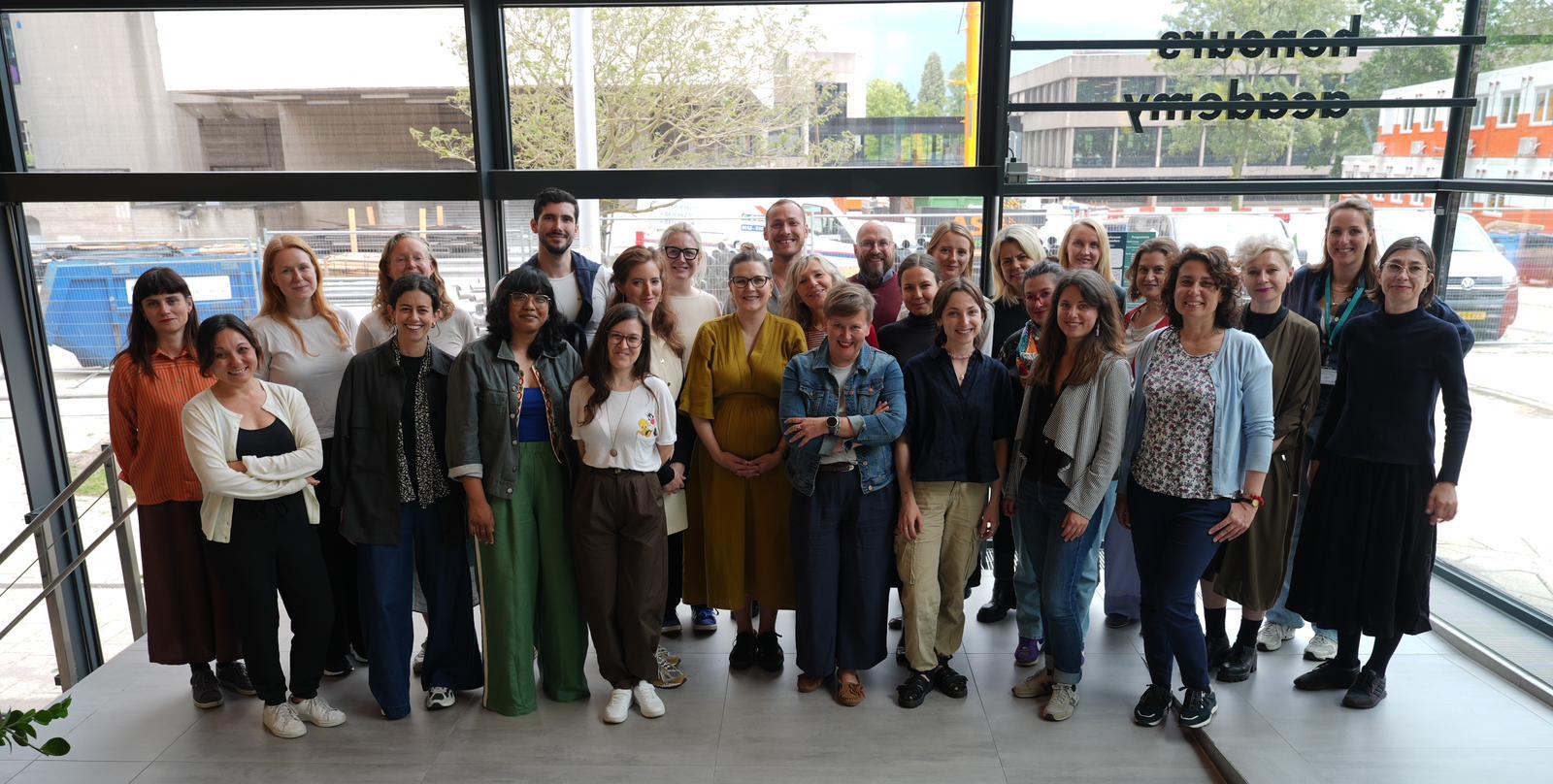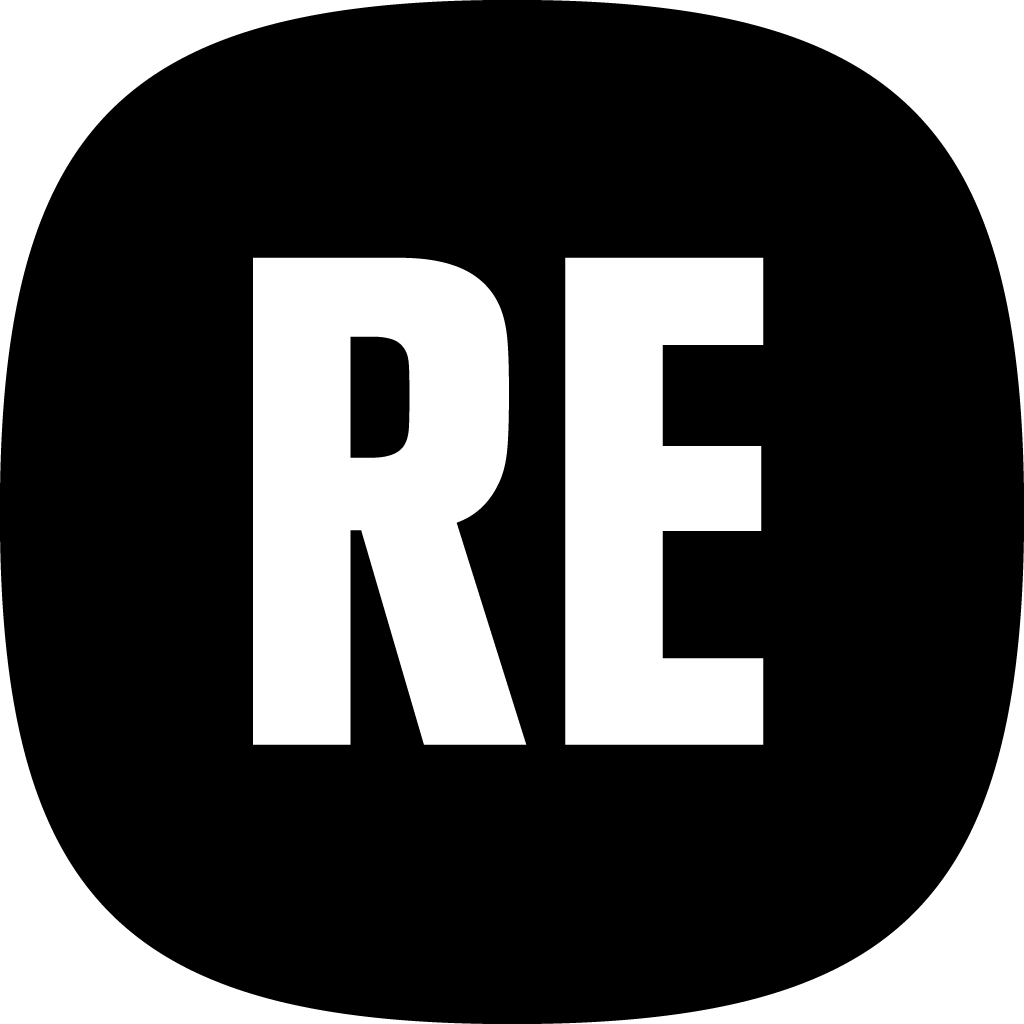RECHARGE Academy 2025: A Week of Participation, Innovation & (a Lot of) Coffee in Rotterdam
.jpeg)
Recap of the Academy event from Ilze Vitola, RECHARGE team member from Erasmus University Rotterdam.
In early June, we hosted the RECHARGE Academy in sunny Rotterdam, gathering 20 cultural heritage professionals from across Europe for a packed four-day journey through participatory business models. Our mission? To rethink how cultural organisations can thrive sustainably while remaining rooted in their communities.
Fuelled by countless cups of Dutch coffee and a generous supply of chocolate, we explored everything from stakeholder mapping to impact assessment. Here’s what unfolded:
Tuesday, June 3 – Research & Exploration
We kicked off bright and early at the Erasmus campus, where participants were greeted by colourful RECHARGE goodie bags and a warm welcome from Martine van Selm, Dean of the Erasmus School of History, Culture and Communication. The atmosphere was energetic. Everyone arrived curious, fresh-faced, and ready to dive in.
Participants were divided into four groups that would collaborate throughout the week. Their task was to develop a business model for a fictional cultural institution, applying the RECHARGE approach and tools with a participatory mindset. Each group was paired with a mentor: Natalia Cetera (Centrum Cyfrowe), Úna Hussey (Hunt Museum), Teele Siig (Estonian Maritime Museum), and Camilla Marini (Textile Museum of Prato).
The motivations were strong and clearly articulated. “I applied to the RECHARGE Academy to rethink cultural heritage as a living, shared responsibility. As an artist and cultural worker, I was looking for a space to collectively explore questions of access, representation, and participation with care and critical reflection – and the Academy offered just that,” said Robin Lamothe, an independent artist and creative professional from France.
Vera Kriezi, New Technologies and Development Manager at the Friends of Music Society in Greece, added: “My initial motivation to apply was the Academy’s thematic focus. The chance to explore and develop business models tailored to cultural heritage organisations aligned perfectly with my goals. Just as important was the opportunity to collaborate with professionals from across Europe.”
An inspiring keynote came from Simon Tanner of King’s College London, a leading figure in digital heritage. He introduced sharp concepts such as the “Digital Death Spiral” and the “Fat, Dumb and Happy Syndrome”, alongside practical tools that participants could take back to their institutions. His Balanced Value Impact Model, outlining ten areas of impact and five value lenses, set the tone for the week.
Equally engaging was the theory session led by Carlotta Scioldo from Erasmus University Rotterdam, who laid out the foundations of the participatory business model at the heart of the RECHARGE project and its Living Labs. She reminded us that museums have a responsibility to be accessible, inclusive, and socially engaged – and that there is no one-size-fits-all solution.
After lunch, it was time to roll up our sleeves for groupwork focused on stakeholder mapping and engagement strategies.
The day ended with a breezy water taxi ride down the Maas to the iconic Hotel New York. Housed in the former Holland America Line headquarters, the Jugendstil building once served as a departure point for thousands of Europeans emigrating to America. Over dinner, stories were swapped, laughs were shared, and real cross-cultural connections began to form.
Wednesday, June 4 – Co-Creation
The energy remained high, fuelled by coffee refills and plenty of chocolate. We began with a round of institutional presentations: Ewa Jasińska from the Baltic Sea Cultural Centre in Gdańsk, Kadi-Ell Tähiste from the Association of Estonian Art Institutions, and Vera Kriezi from the Friends of Music Society in Greece. Each brought a fresh perspective and sparked lively follow-up discussions.
A panel brought together Living Lab leads Camilla Marini, Teele Siig, Ragnar Siil, and Úna Hussey, who reflected openly on their journeys. They spoke candidly about initial challenges, from aligning internal expectations to managing stakeholder dynamics, and how the RECHARGE model was applied in different contexts.
This was followed by a session on the Living Lab method with Úna Hussey and Carlotta Scioldo. While Carlotta outlined the theoretical framework, Úna offered practical insights from the Hunt Museum’s project “Weaving Willow”, where local communities in Limerick co-created a cultural intervention aligned with sustainability goals.
The day wrapped up with a workshop led by Ragnar Siil, Founder and Director of Creativity Lab, a leading think tank and consultancy in the Baltic Sea region. Ragnar introduced three core participatory business models – the Participatory Resource Pooling Model, the Participatory Platform Model, and the Participatory Ownership Model. Participants tested each through real-life scenarios, exploring how collaboration and co-ownership can foster innovation.
Tired but inspired, we closed the day with our RECHARGE notebooks full of ideas and new directions.
Thursday, June 5 – Monitoring
By Day 3, the enthusiasm was still palpable. The morning featured presentations from Karoliina Kalda (University of Tartu Museum), Malwina Rozwadowska (The Royal Łazienki Museum, Warsaw), Klára Nagy (HETFA Research Institute), Anja Sinnige (Werelderfgoed Nederland), and Evangelos Kosmidis (Theatre of Mariupol), each sharing their own institutional approach to participation.
We then turned to impact assessment with Natalia Cetera and Maria Drabczyk, who walked us through how to plan and implement evaluations that are context-sensitive, credible, and actionable.
In the “Understanding Your Impact” workshop, participants worked with practical tools to define the kind of change they aim to generate and how best to measure it. Lively discussions followed, as everyone reflected on the specific impact they hoped to make within their communities.
To end the day, Luis César Herrero Prieto presented his aptly titled research: “I like participatory museums but, how much?”
Friday, June 6 – Evaluation & Pitching
We opened the final day with Fátima Espinosa Casero (University of Valladolid), who discussed how to build meaningful indicators that go beyond box-ticking and enable cultural institutions to make better-informed decisions.
This was followed by a session on iteration, led by Úna Hussey, Camilla Marini, and Teele Siig, showing how ongoing testing and adaptation are key to achieving sustainable participation.
Due to train strikes, the planned pitching session was reconfigured into informal feedback rounds. Still, the group presentations impressed. “The aim was to ensure participants fully understood the RECHARGE frameworks and tools so they could apply them within their own organisations and projects,” said Natalia Cetera. “That goal was clearly achieved. During the final session, many participants expressed their enthusiasm and confidence in using the method going forward, recognising its flexibility and potential across a wide range of cultural initiatives.”
Participant Tiffany Fukuma from the Keychange network added: “The RECHARGE method is invaluable. It gives practitioners ready-to-use tools for implementing participative strategies. I’m already planning to use it.”
Klára Nagy from the HETFA Creative Industries Lab in Budapest reflected: “One of the biggest takeaways was learning that community involvement should be strategic. Timing matters, and knowing when to engage ensures participation that truly makes an impact.”
After one final lunch together, it was time for a group photo and heartfelt goodbyes. Participants left not just with the RECHARGE playbook in hand, but with fresh ideas, renewed confidence, and new connections to help bring participatory practice to life.
.jpeg)

.jpeg)
Share